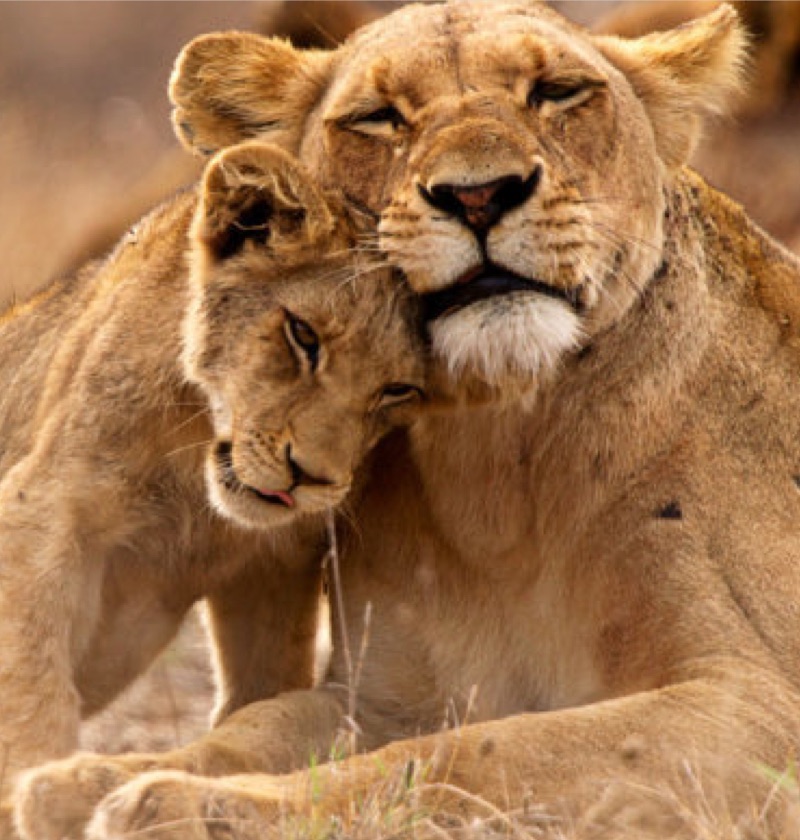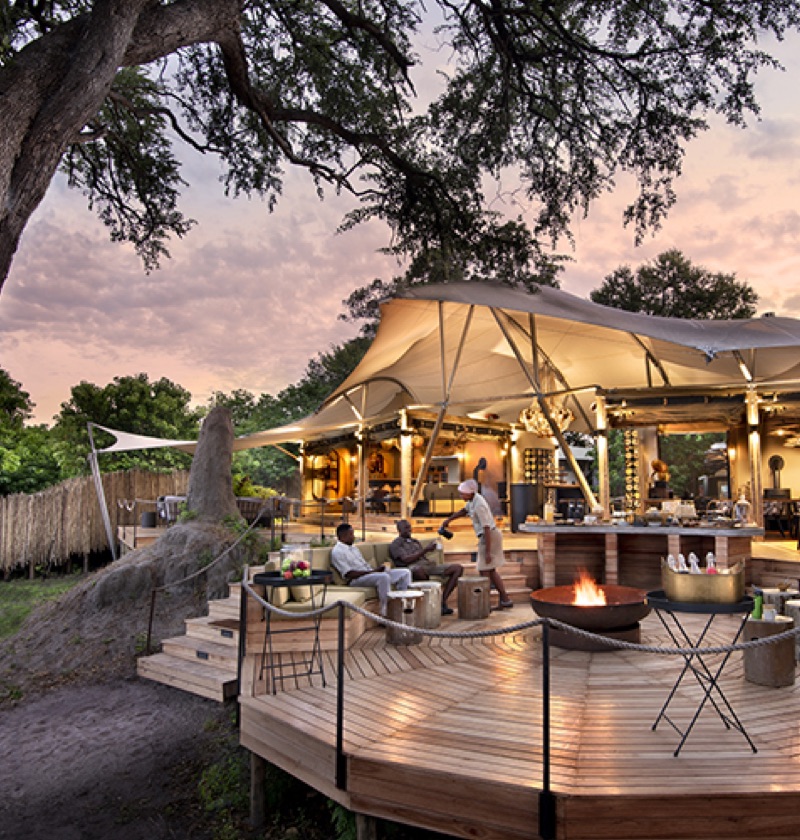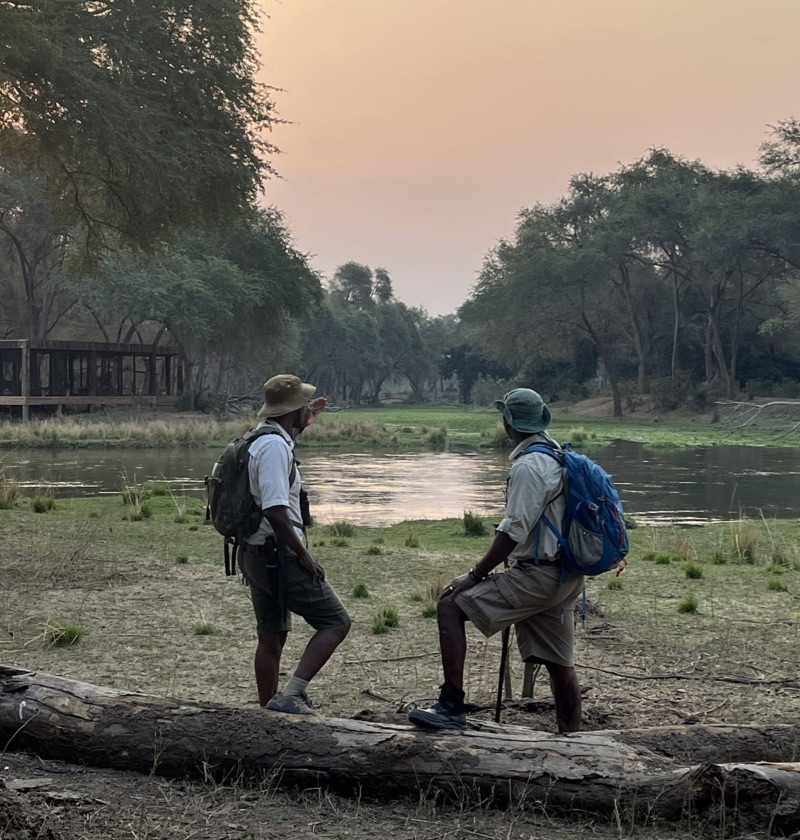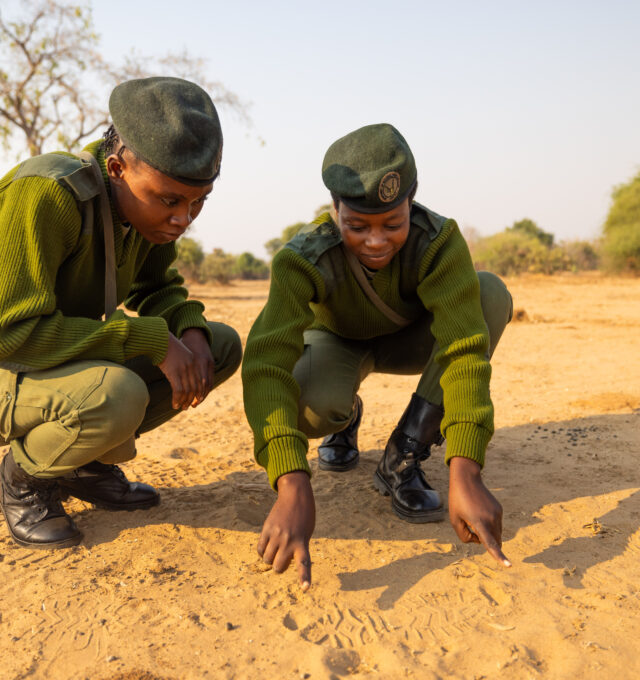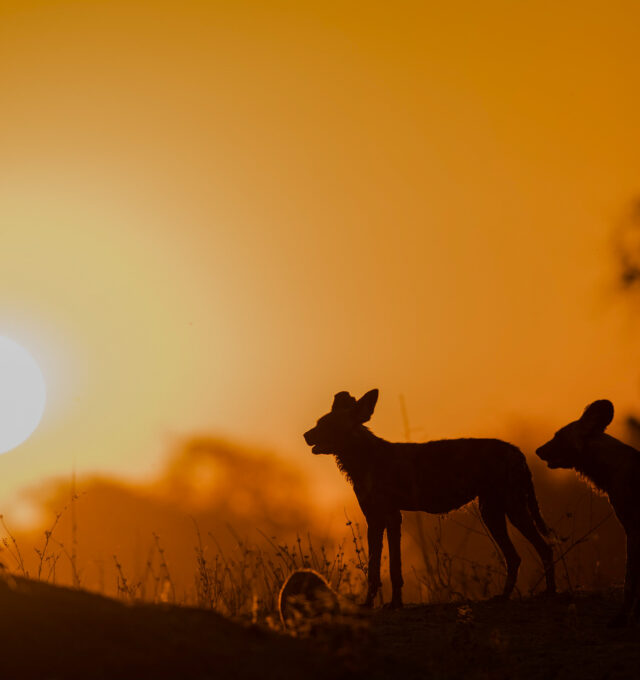-
Our Story
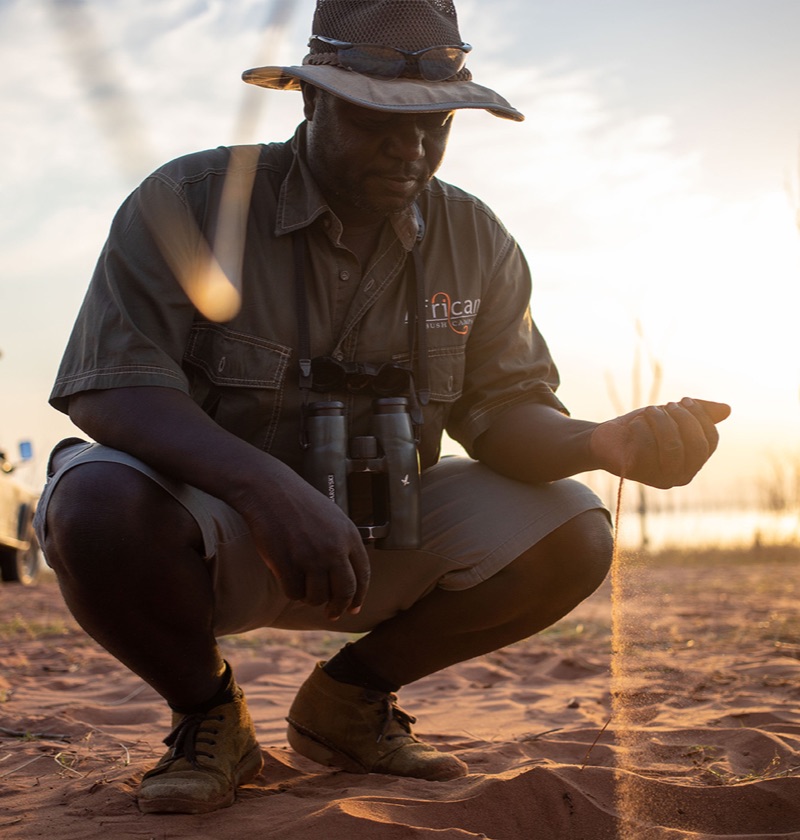
About us
Bush Blog
- Safaris
- Camps & Lodges
- Destinations
- Specials
- Our Foundation
- Contact
- Our Story
About us
Bush blog
- Safaris
- Camps & Lodges
- Destinations
- Specials
- Our Foundation
- Get in Touch
Contact
International +27 21 701 0270 UK +0800 0418 187 US +1(888) 3441126 contact@africanbushcamps.comTalk to a Safari Expert
BOOK A CALL



